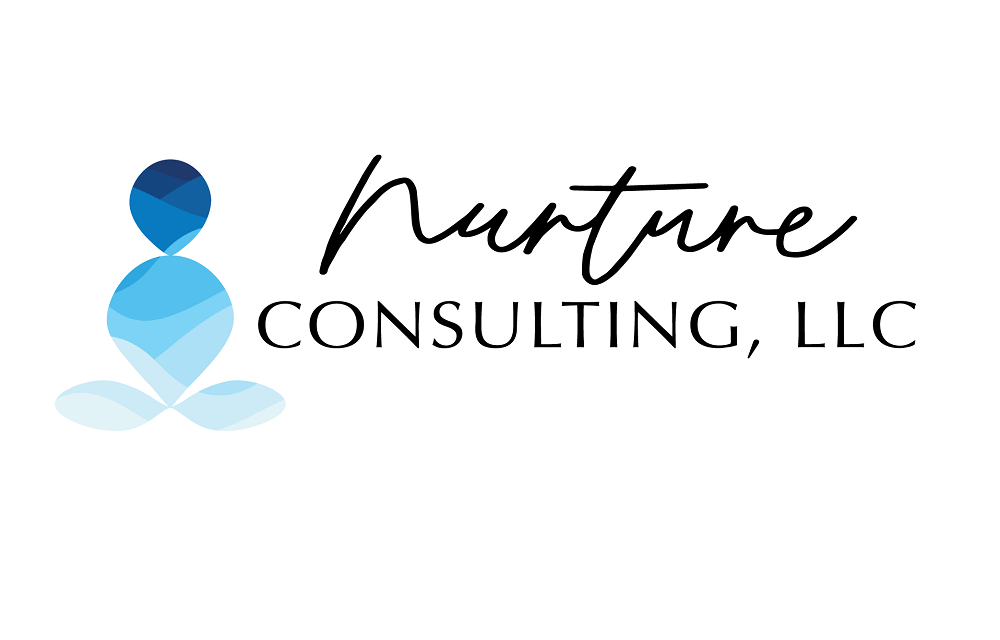What's Your "Peanut Butter Toothpaste"?
Meet Beau, my dog. Like most dogs he’d prefer to take naps, go on walks, and have snacks instead of being groomed. Although he’s generally well behaved, he doesn’t love having his teeth brushed.
Enter the peanut butter toothpaste. For Beau, peanut butter toothpaste is the motivation for opening his mouth and allowing me to brush his teeth. I brush, he gets to lick the peanut butter toothpaste off the toothbrush. It’s a win-win— I take care of his oral hygiene, and he gets to have a tasty snack.
The peanut butter toothpaste is external motivation for doing something that he doesn’t want done to him. Peanut butter toothpaste makes an unpleasant chore less unpleasant (or even pleasant!).
So, what on earth does this have to do with eating disorder recovery? I’m so glad you asked!
Eating Disorder Recovery is Challenging
Eating disorder recovery is a process full of doing things that someone might find uncomfortable and unpleasant. Eating is hard and has to get done multiple times a day. Learning to tend to emotions in new ways is often stressful and overwhelming. Attending appointments with multiple treatment team members can be exhausting.
Recovery requires a good deal of energy, perseverance, and dedication. It makes sense that finding the motivation to do the next challenging thing can feel overwhelming or impossible. We’re also sold this societal narrative that we “should be” internally motivated to take care of ourselves, heal, etc. I’d like to challenge this narrative by opening up the possibility that external motivation (e.g., peanut butter toothpaste) is not only necessary, but often vital, in eating disorder recovery.
Let’s Talk About Motivation
We’ve established that eating disorder recovery is challenging and that people are often asked to experiment with new behaviors, coping strategies, and other things that they may not want to do. Change is unpleasant. Healing is painful. Let’s talk a little bit about motivation and how external motivation might be helpful to ease some distress in the recovery process.
Simply put, motivation is the energy required to take action. There are two types of motivation: controlled (or external) motivation and autonomous (or self-directed) motivation.
Controlled or external motivation comes from outside forces that can be positive or punitive (e.g., rewards, bonuses, or threat of losing access to mental health care) and inner forces (e.g., internal “sticks and carrots” like guilt or people pleasing). External motivation can often be performative (e.g., “I’m doing this because I have to, not because I want to”). Here are some recovery-related examples:
Adding a challenging food at breakfast to appease your dietitian.
Attending a meal support group because your therapist recommended it.
Booking a doctor’s appointment to get your labs checked because it’s a requirement of your outpatient treatment team.
The reality is that people in recovery have varying degrees of controlled/external motivation in their recovery processes. They might not want to follow their meal plan but do so because they receive positive feedback from their treatment team. They may attend support groups when they don’t want to because it makes someone else in their lives happy or because it demonstrates forward progress.
Although external motivation may not be ideal long-term, it can be extremely beneficial in the short-term. External motivation can help people overcome inertia and get the change process started. This is incredibly valuable!
Ideally, over time, someone in recovery will be able to harness the second type of motivation, autonomous or self-directed motivation. Autonomous, or self-directed motivation, comes from internal forces such as a natural affinity for the task at hand, or because you appreciate why doing something is worthwhile. Autonomous motivation is often value-oriented (as opposed to being performative). Here are some recovery-related examples:
Eating a morning snack consistently because it furthers recovery from an eating disorder.
Attending a therapy group because someone finds camaraderie and support beneficial.
Where The Peanut Butter Toothpaste Fits In
As mentioned above, eating disorder recovery often involves taking actions that people find uncomfortable or unpleasant. I invite you to consider how external motivation could be beneficial in eating disorder recovery. The main questions to ask yourself are:
What are the most uncomfortable and unpleasant things that I have to do in eating disorder recovery?
Are there ways to make these uncomfortable and unpleasant things less uncomfortable and unpleasant?
What is my “peanut butter toothpaste”?
If you get stuck on the last two questions, here are some ideas to get you started:
Sticker charts to record progress toward your meal plan with a reward at the end.
Listening to music or a podcast during a meal or snack as a form of enjoyment (or distraction!!!!).
Using a visually appealing notebook with places to color when journaling about difficult situations and emotions.
The reality is that your “peanut butter toothpaste” most likely won’t completely alleviate your discomfort and distress in recovery. Perhaps, it will help to ease some discomfort or unpleasantness. It’s okay to need external motivation in recovery!!!!!
I hope that you find your “peanut butter toothpaste.” Beau and I are rooting for you!
This is Beau ready for his peanut butter toothpaste!

